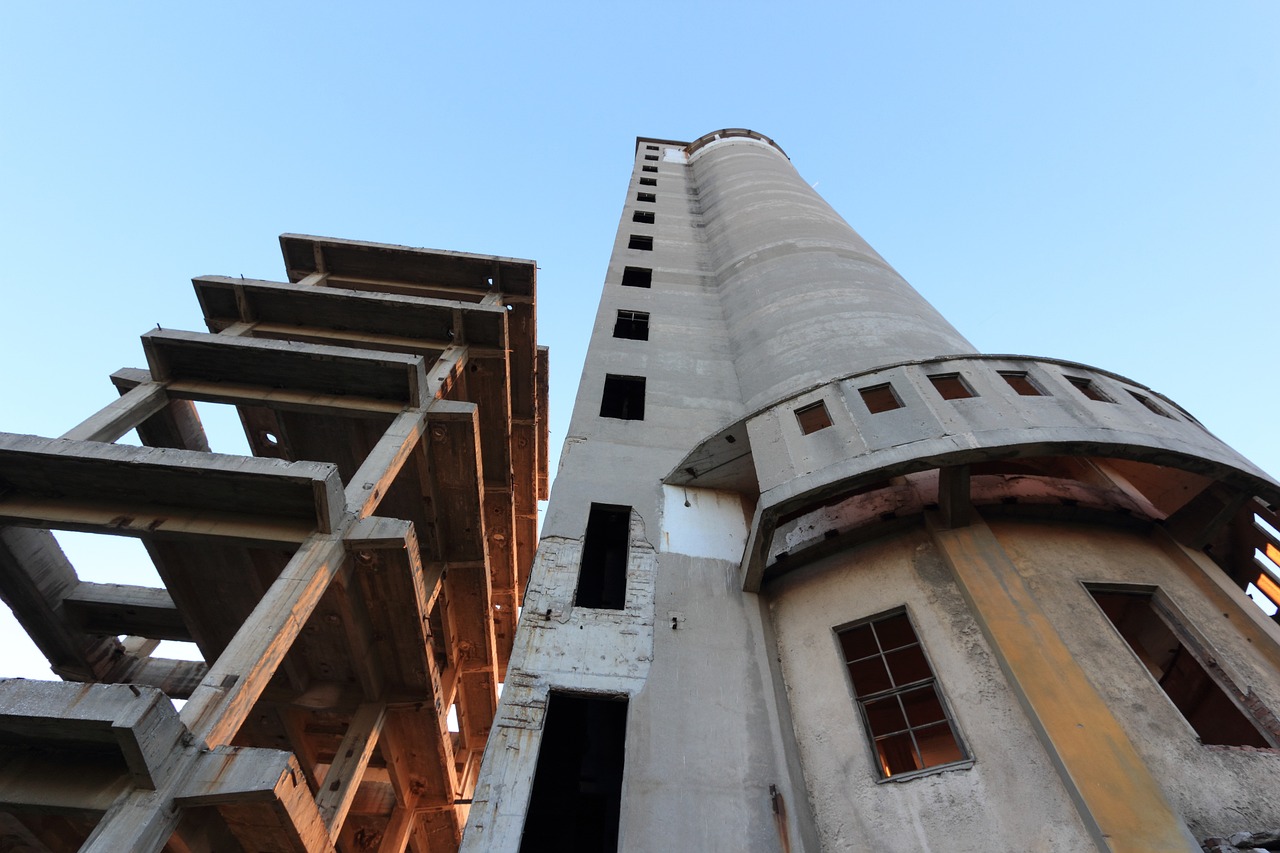Albania Video
Language and Communication: Overcoming Barriers in Albania
Language plays a crucial role in communication, allowing people to express their thoughts, ideas, and emotions. However, in a diverse country like Albania, where multiple languages are spoken, language barriers can present challenges to effective communication. This article will explore the various languages spoken in Albania, the barriers they create, and the strategies employed to overcome these obstacles.
Language Diversity in Albania
Albania is a country located in the Balkan Peninsula, bordered by Montenegro to the northwest, Kosovo to the northeast, North Macedonia to the east, Greece to the south, and the Ionian and Adriatic Seas to the west. The official language of Albania is Albanian, spoken by the majority of the population. However, due to historical and geographical factors, several other languages are also spoken in the country.
- Gheg Albanian: Gheg Albanian is the dialect spoken in northern Albania, including the capital city, Tirana. It is characterized by its unique vocabulary and pronunciation.
- Tosk Albanian: Tosk Albanian is the dialect spoken in southern Albania. It is considered the standard form of Albanian and is widely used in literature and education.
- Minority Languages: Alongside Albanian, various minority languages are spoken in Albania. These include Greek, Macedonian, Serbian, and Romani, among others.
Barriers to Communication
The linguistic diversity in Albania poses challenges to effective communication. Language barriers can create misunderstandings, hinder access to information and services, and limit social and economic opportunities. Some common barriers faced in Albania include:
- Limited Proficiency: Not everyone in Albania is fluent in Albanian, especially among minority communities. Limited proficiency in the dominant language can impede effective communication.
- Interpretation Difficulties: When individuals speak different languages, the need for interpretation arises. However, finding qualified interpreters who can accurately convey the intended message can be challenging.
- Cultural Differences: Language is deeply intertwined with culture. Cultural differences can affect communication styles, non-verbal cues, and social norms, leading to misunderstandings.
- Linguistic Prejudice: Language discrimination can create barriers by marginalizing individuals who speak minority languages, leading to exclusion and limited opportunities.
Overcoming Language Barriers
Efforts have been made in Albania to overcome language barriers and promote effective communication. Strategies employed include:
- Language Education: Providing access to quality language education helps individuals develop proficiency in the dominant language, facilitating communication and integration.
- Interpretation Services: Establishing professional interpretation services and training interpreters can bridge the gap between different languages, ensuring accurate communication.
- Cultural Sensitivity Training: Promoting cultural sensitivity and awareness helps individuals understand and appreciate the diverse communication styles and norms of different language communities.
- Translation Services: Making information and resources available in multiple languages through translation services improves accessibility and inclusivity.
- Community Engagement: Encouraging community initiatives that foster language exchange and dialogue can bridge linguistic divides and promote understanding.
Albania Image 1:

Challenges and Future Outlook
While progress has been made in overcoming language barriers in Albania, challenges remain. Some of these challenges include:
- Resource Allocation: Allocating sufficient resources to language education, interpretation services, and translation can be a complex task, requiring investment and coordination.
- Language Preservation: Balancing the promotion of the dominant language with the preservation of minority languages is essential to maintain linguistic diversity and cultural heritage.
- Digital Communication: The rise of digital communication platforms presents both opportunities and challenges in overcoming language barriers. Ensuring equal access to digital resources and promoting multilingual content can enhance communication.
Albania Image 2:

Conclusion
Language and communication are integral to human interaction, and overcoming language barriers is crucial for a diverse country like Albania. By embracing linguistic diversity, investing in language education, and promoting inclusive communication practices, Albania can foster understanding, integration, and social cohesion.
Albania Image 3:

References
– Ministry of Culture of Albania: www.kultura.gov.al
– Institute of Linguistics and Literature: www.ilialbania.org
– United Nations Development Programme Albania: www.al.undp.org
– European Centre for Minority Issues: www.ecmi.de


